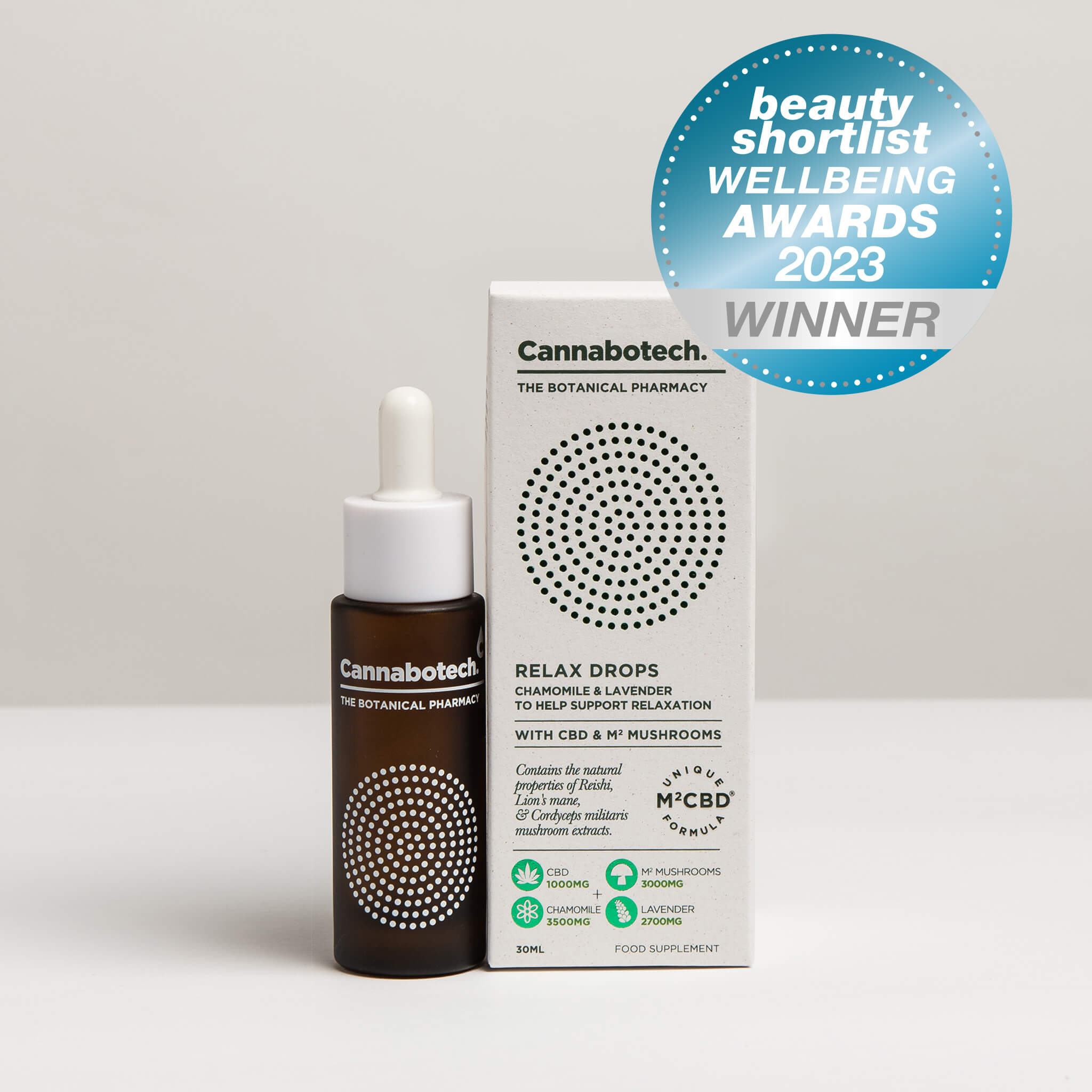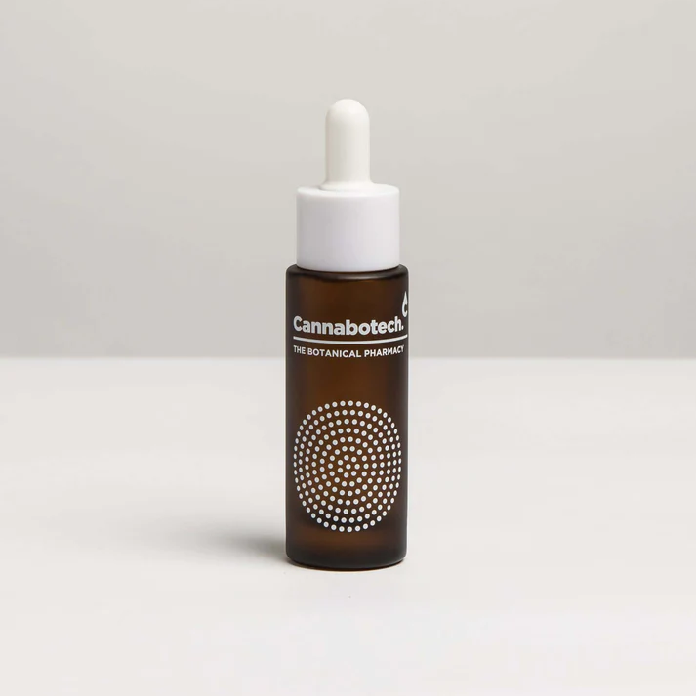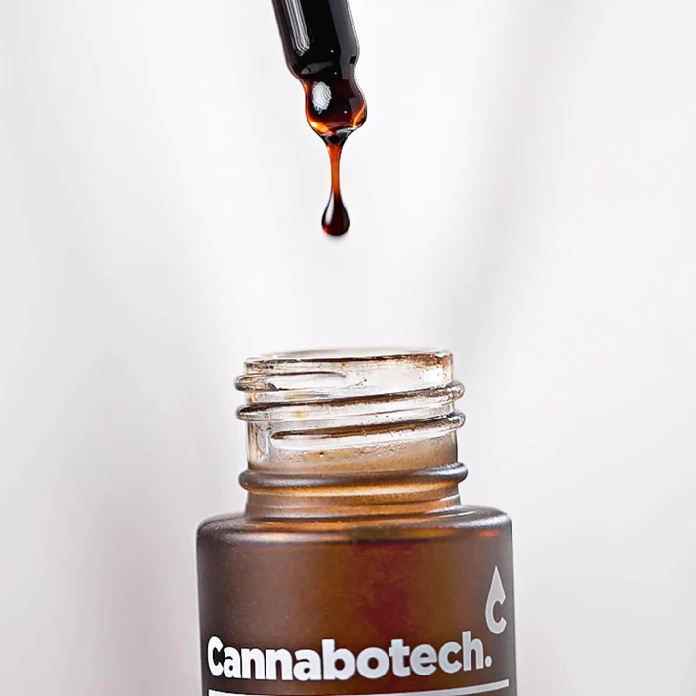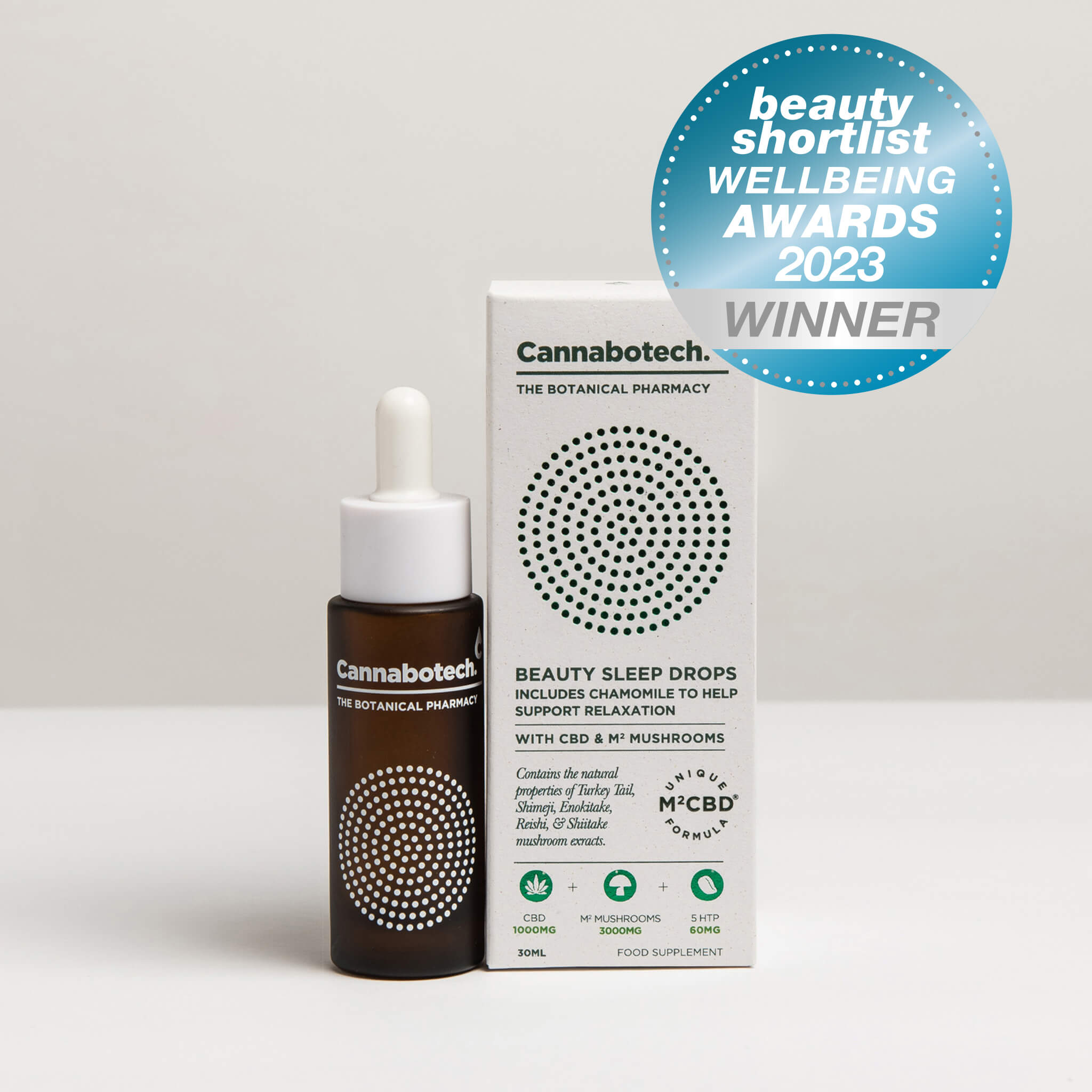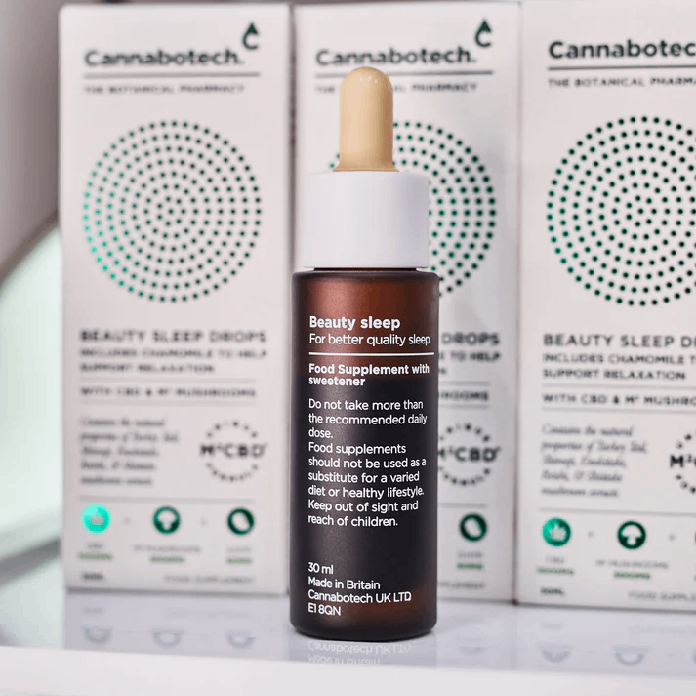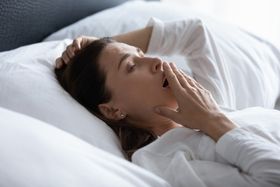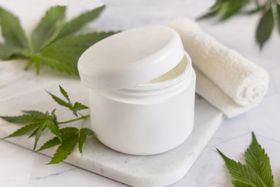3 Best Natural Sleep Aids for Sound Sleep
Updated March 1, 2023.
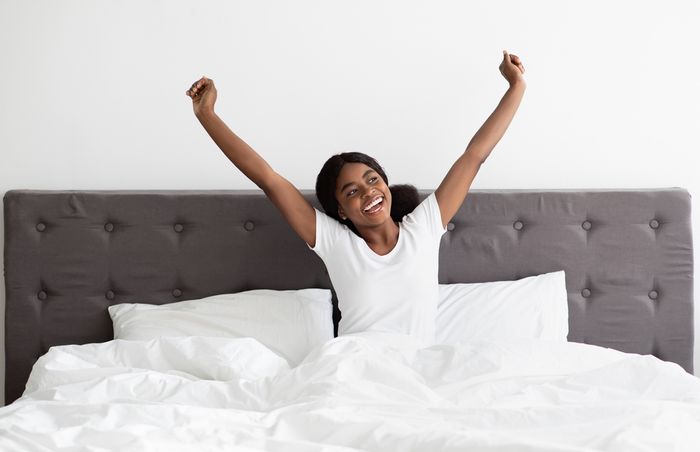
Poor sleep, or sleep deprivation, can manifest in 2 primary ways: inability to get enough physical sleep and poor sleep quality. Conditions like insomnia usually prevent the individual from meeting their minimum sleep requirements. In contrast, other disorders like sleep apnea may allow you to reach your full 7-9 hours, but the quality of your sleep is significantly impacted and can cause many of the same physiological problems as insomnia.
If all other natural techniques for improving your sleep have failed, then you might have to turn to products, or sleep aids. Thankfully, it's still possible to stick to the natural route, which is exactly what this article will look at. We'll discuss what dietary factors can affect your sleep, what choices you can make to improve your sleep, and some natural sedatives (both melatonin-based and not) that you can use as a sleep aid for adults and children alike.
Natural Products for Improving Sleep Quality
Aside from dietary choices, there are some simple and natural products that you can implement that should benefit your sleep quality as well.
1. Melatonin
As discussed in our post How to Fix Your Sleep Schedule Based on Research, your body's circadian rhythm is operated by different hormones, including melatonin. Melatonin is usually released a few hours before you go to bed in a regular and healthy sleep schedule and is why your mind begins readying itself for sleep.
Some people struggle with proper melatonin release, but the missing hormone can be supplemented as a natural sleeping aid that, as noted by research, appears to possess a significantly lowered risk of side effects, withdrawal, and chemical dependence than pharmaceutical sleeping pills. Most countries don't require a prescription for melatonin, making it one of the best OTC sleep aids.
Cannabotech products
Our trademarked M2CBD formula targets the body's endocannabinoid system by utilising the therapeutic benefits of non-psychoactive cannabidiol (CBD) and the powers of functional medicinal mushrooms that have been used for thousands of years. Our products are all-natural, vegan-friendly, gluten-free, contain zero sugar, and come in easily usable tinctures (drops), sprays, tablets, and creams with varying amounts of these and other ingredients to target specific conditions.
For some specific recommendations on non-habit forming sleep aids, try any of the following products:
2. Relax Drops
In addition to our M2CBD formula, our Relax Drops contain extracts of chamomile and lavender for maximum relaxation and stress relief.
3. Beauty Sleep Drops
Our Beauty Sleep Drops contain higher concentrations of chamomile with our M2CBD formula to ensure an easier and better quality sleep.
How Your Diet Can Affect Your Sleep
Research has shown that your sleep quality can be negatively affected by a build-up of inflammation and oxidative stress, which can be brought on due to poor dietary choices. Science has shown that poor diets containing many processed foods can lead to inflammation build-up in the body, while additional research has found the same to be true for high-fat and high-carbohydrate foods causing a build-up of oxidative stress and simultaneously decreasing the body's ability to combat oxidative stress.
Consuming a diet high in processed foods, trans fats, and carbohydrates will undoubtedly affect your sleep quality in numerous ways.
Dietary Choices to Improve Sleep Quality
Since your diet is so closely related to your sleep quality, altering it is sure to have a positive effect. Here are some dietary choices you can make to achieve this:
Eat an anti-inflammatory diet
As recognised by the Harvard Medical School, certain foods possess anti-inflammatory properties. This includes:
- Non-vegetable oils such as olive or coconut.
- Many fruits such as tomatoes, berries, apples, stone fruits, and citrus.
- Green leafy vegetables such as spinach and kale.
- Nuts like almonds, walnuts, hazelnuts, pecans, and peanuts.
- Fatty fish like salmon, mackerel, tuna, and sardines.
Eat an anti-oxidative diet
Many of the anti-inflammatory foods are anti-oxidative as well. However, for additional antioxidants, consider supplementing your diet with the following foods:
- Magnesium-rich foods like pumpkin, pumpkin seeds, and bananas contain some of the best vitamins for sleep.
- Indoles that come from broccoli, cauliflower, and cabbage.
- Manganese that comes from lean meat and milk.
- Vitamin A-rich foods like sweet potatoes, carrots, and egg yolks.
- Vitamin E-rich foods like avocados and whole grains.
Try calming teas
Certain teas, like all black and Ceylon teas, are caffeinated and could negatively affect your sleep quality. However, some herbal sleep aids and teas are caffeine-free. For more info about the insomnia-fighting herb called chamomile, read our post about the Benefits of Chamomile Tea for Sleep.
Eat kiwis before bed
Interestingly enough, some research suggests that eating 1-2 medium-sized kiwi fruits an hour before bed can actually benefit sleep quality.
Is It Okay to Use Sleep Aids Every Night?
One of the important questions usually asked when discussing the use of sleep aids is whether you can build up an addiction or suffer long-term side effects. However, the benefit of natural sleep aids is that they do not alter or inhibit the release of hormones in the brain in the same way that pharmaceutical sleeping tablets do. Addiction and chemical dependency are primary concerns of pharmaceutical drugs, but research shows that not only is CBD in and of itself non-addictive, but it can also help modulate other addictive behaviours.
Aside from that, you run the same risk of addiction to these natural sleep aids that you do to a particular food you enjoy.




